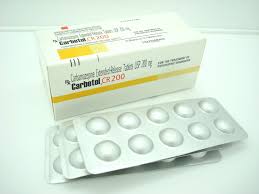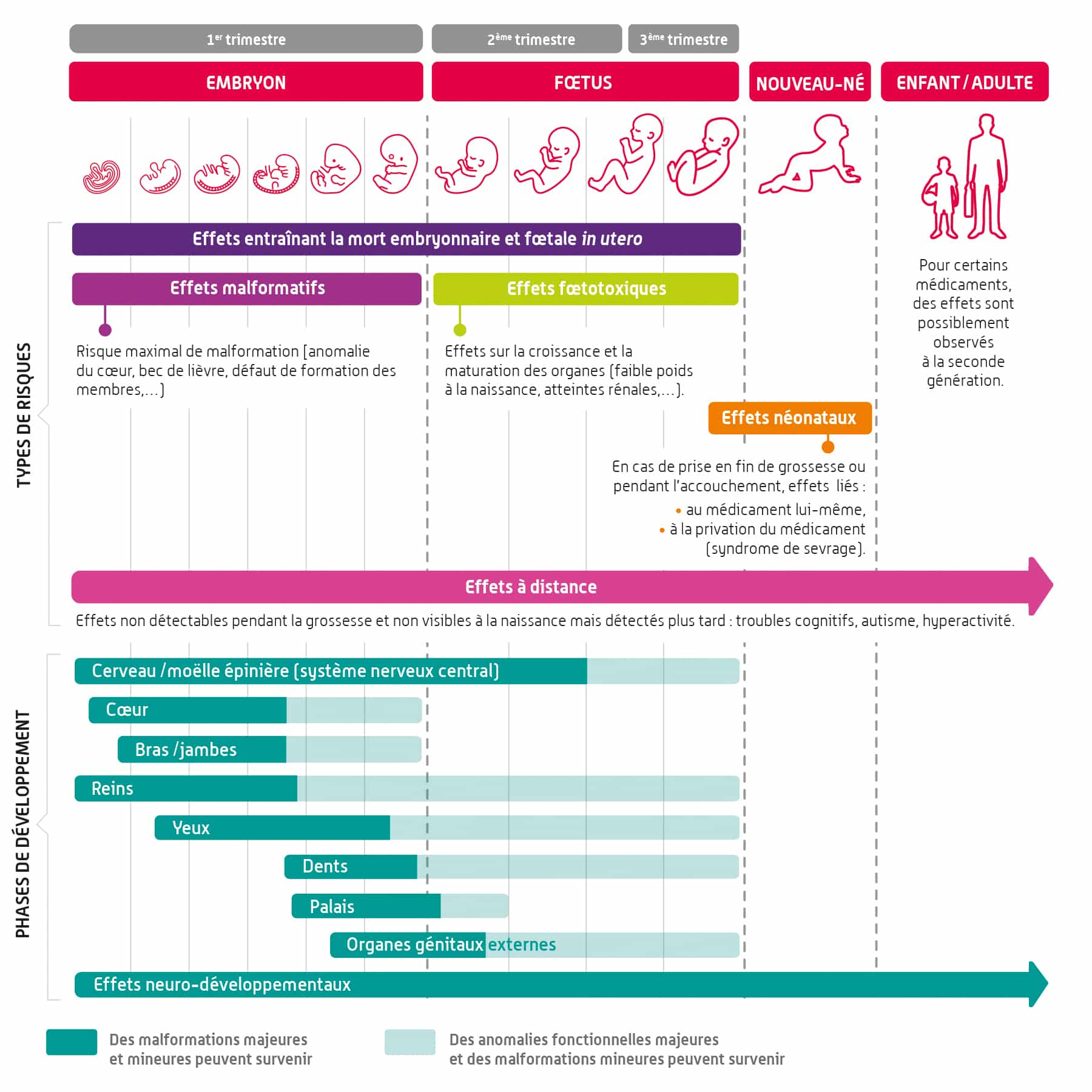Carbamazepine is a medication commonly prescribed to treat various conditions, including seizures and nerve pain. Although effective, its use requires medical supervision, as it can lead to notable side effects and has certain contraindications. Understanding these aspects helps ensure the safe and optimal use of this treatment.
Carbamazepine is a widely used medication in the treatment of various neurological and psychiatric conditions. Classified among anticonvulsants, it is mainly prescribed to control epileptic seizures and treat trigeminal neuralgia. However, this molecule also carries its share of potential side effects and contraindications that are crucial to be aware of.
1. Medical prescription and use
Carbamazepine is indicated for the treatment of seizures, both for focal and tonic-clonic epilepsies. Its mechanism of action relies on the stabilization of neuronal membranes, which reduces neuronal excitability and thus prevents the onset of seizures.
In addition to epilepsies, carbamazepine is often prescribed to treat trigeminal neuralgia, an intense and recurring pain in the facial area. This medication may also be effective in the context of certain bipolar disorders, where it helps regulate mood.
The prescription of carbamazepine must always be made carefully, as certain factors can influence its use. It is imperative to know the patient’s medical history, particularly concerning any history of allergies, kidney diseases, and the use of other medications. Many treatments can interact with carbamazepine, thereby reducing its effectiveness or increasing the risk of side effects.
Before starting treatment with carbamazepine, the practitioner should discuss with the patient all previous health instances and report any recent medication use that could create negative interactions. For pregnant or breastfeeding women, additional precautions must be taken, given that carbamazepine can harm the fetus.
2. Side effects associated with carbamazepine
Like any medication, carbamazepine can lead to side effects, some of which may be severe. It is essential for patients to be aware of possible manifestations. Among the most common side effects are:
- Excessive fatigue
- Headaches
- Nausea and vomiting
- Dry mouth
- Constipation
However, more serious side effects may also occur. Blood cell count issues such as aplastic anemia or a decrease in white blood cell count are potentially life-threatening risks. If a patient experiences extreme fatigue accompanied by fever, intestinal pain, or unexplained bruising, they should consult a healthcare professional immediately.
Another concerning side effect is Stevens-Johnson syndrome, a severe skin reaction that can lead to serious complications. Often observed as extensive skin rashes, skin lesions, eye pain, accompanied by other symptoms such as fever, it is crucial to seek immediate medical assistance if these symptoms occur.
Finally, some patients may experience suicidal thoughts while taking carbamazepine. This is particularly true for those with a history of psychiatric disorders. Therefore, it is important to monitor any changes in mood during treatment.
3. Contraindications and precautions
Carbamazepine is not suitable for everyone. Specific contraindications must be considered before any prescription. Before starting treatment, the doctor must ensure that none of the following are present:
- Known allergy to carbamazepine or other anticonvulsant medications
- History of kidney or liver diseases
- History of bone marrow disorders such as porphyria
It is also imperative to inform your doctor of all other medications you are taking, including over-the-counter medications and dietary supplements, as many of them can interfere with the action of carbamazepine. Common particulars that should be reported include certain treatments for hepatitis C, HIV, as well as antidepressants or medications for Parkinson’s disease.
Caution should also be exercised for elderly patients, as they may be more susceptible to experiencing side effects. Regular medical monitoring and blood tests to check kidney function and blood levels are standard recommendations.
Finally, it is recommended to avoid grapefruit consumption during carbamazepine treatment, as it can interfere with its metabolism in the body, thus increasing the risks of side effects.
For more details on the side effects and contraindications of carbamazepine, it is advisable to consult available medical resources, such as those provided by Global Santé and on the site of F Medic.
In summary, carbamazepine is a strategic medication in the treatment of various neurological pathologies but requires careful attention regarding its use, potential side effects, and associated contraindications. Open communication between the patient and the doctor remains essential to ensure a safe and effective treatment.
FAQ about Carbamazepine: Medical Prescription, Side Effects, and Contraindications
A : Carbamazepine is a medication in the dibenzazepine anticonvulsants class, primarily used to treat seizures and pain caused by nerve issues.
Q : What are the uses of carbamazepine?
A : It is used to treat seizures and neuropathic pain such as that caused by an issue with a nerve in the face.
Q : What are the possible side effects of carbamazepine?
A : Side effects may include nausea, drowsiness, dizziness, and in rare cases, severe allergic reactions like Stevens-Johnson syndrome.
Q : What are the contraindications of carbamazepine?
A : It is contraindicated in individuals who have a allergy to this medication, a history of kidney disease, bone marrow disorders, or who are taking other medications that interact with it.
Q : What should I inform my doctor before taking carbamazepine?
A : It is crucial to inform them if you are allergic to carbamazepine, if you have health issues like kidney disease or a history of bone marrow disease, or if you are taking other medications.
Q : What signs indicate a serious reaction to carbamazepine?
A : Signs include rash, breathing difficulties, fatty abdominal pain, and swelling of the face or throat.
Q : Can carbamazepine affect pregnancy?
A : Yes, carbamazepine can be harmful to the unborn baby, and it is advisable to contact a doctor if you are pregnant or planning to become pregnant.
Q : What precautions should be taken with carbamazepine?
A : It is important to follow your doctor’s instructions, avoid driving until you know how the medication affects you, and regularly check your blood tests.
Q : What should I do if I miss a dose of carbamazepine?
A : Take the missed dose as soon as you remember, unless it’s almost time for the next dose. In that case, skip the missed dose.
Q : How should carbamazepine be stored properly?
A : Store carbamazepine at room temperature, away from light and in a dry place. Do not store in the bathroom and keep out of reach of children.












